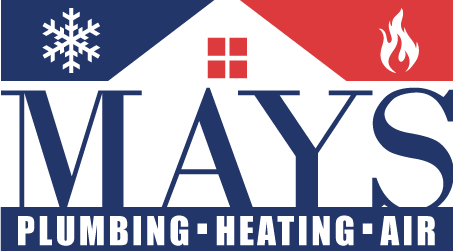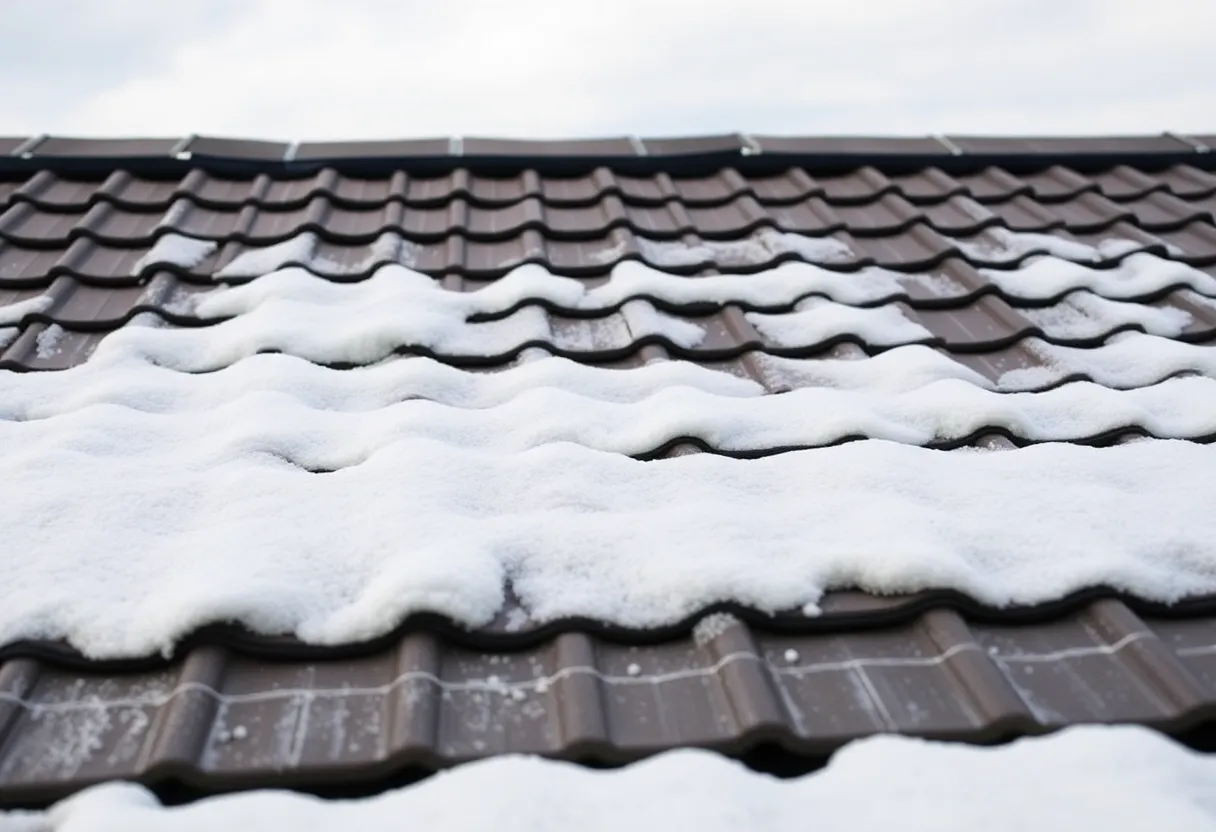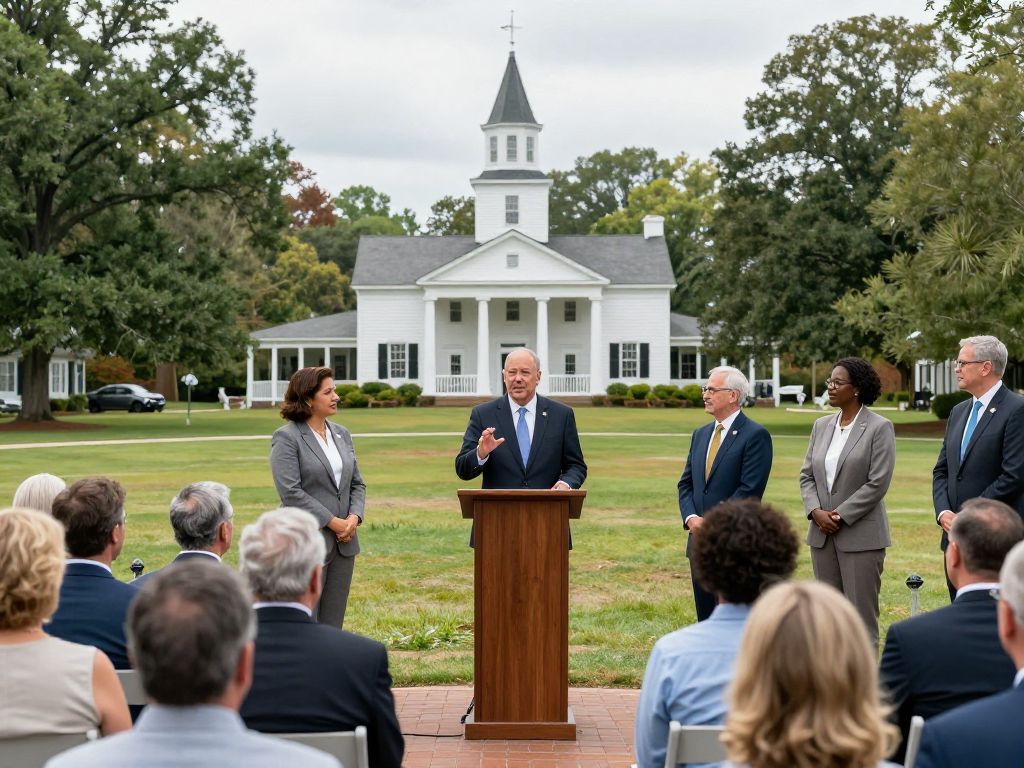How to Choose the Right Roof Insulation for Year-Round Comfort
Proper roof insulation is crucial for maintaining a comfortable and energy-efficient home throughout the year. This article explores the key factors to consider when selecting the right roof insulation, ensuring you make an informed choice that suits your needs.
Understand the Importance of Roof Insulation
Roof insulation significantly affects your home’s energy efficiency. It helps regulate indoor temperatures by reducing heat loss during cooler months and preventing heat gain during warmer seasons. Effective insulation can lead to:
- Lower energy bills: Proper insulation minimizes the need for heating and cooling systems.
- Enhanced comfort: It creates a consistent temperature across all areas of your home.
- Environmental benefits: Reduced energy consumption decreases your carbon footprint.
Types of Roof Insulation
When choosing roof insulation, it’s important to understand the various types available. Each type has unique properties that cater to different needs:
1. Fiberglass Insulation
Fiberglass insulation is one of the most common choices. It comes in batts, rolls, or loose-fill forms, providing excellent thermal resistance (R-value). Key features include:
- Cost-effective: Generally less expensive than other materials.
- Non-combustible: Reduces fire risk.
2. Foam Board Insulation
Foam board insulation offers high insulation values with a thinner profile. It’s rigid and moisture-resistant, making it ideal for flat roofs. Considerations include:
- Versatility: Suitable for various roof types and applications.
- Cost: More expensive than fiberglass up front, but energy savings can offset the cost.
3. Spray Foam Insulation
Spray foam insulation expands upon application, filling gaps and providing an air-tight seal. Its properties include:
- High R-value: Offers superior thermal resistance.
- Moisture barrier: Prevents mold growth.
4. Cellulose Insulation
Made from recycled paper products, cellulose is an eco-friendly option that provides good insulation levels. Benefits include:
- Cost-effective: Often less expensive than fiberglass.
- Sound absorption: Acts as an effective noise barrier.
Factors to Consider When Choosing Insulation
Understanding your specific requirements will help you choose the right type of insulation. Consider the following factors:
1. Climate Zone
Your local climate influences insulation needs. In colder areas, higher R-values are necessary, while milder climates may require less insulation. Understand the R-value recommendations based on your geographic location.
2. Roof Type
The style of your roof impacts insulation choices. Flat roofs might benefit from foam board or spray foam, while sloped roofs can accommodate batts or cellulose. Assess the structure before making a selection.
3. Installation Method
Some insulation types require professional installation, while others can be DIY projects. Evaluate whether you prefer professional assistance or if you feel comfortable undertaking the installation yourself.
4. Budget
Your budget plays a significant role in insulation choice. Evaluate the initial investment versus potential energy savings over time. Remember that higher upfront costs can lead to reduced energy expenses in the long run.
Assessing Your Home’s Existing Insulation
Before installing new insulation, assess your current setup. Here’s how:
1. Inspect Your Roof Space
Check your attic or roof space for existing insulation levels. Look for gaps or areas lacking sufficient coverage. A well-insulated roof should have a consistent layer without any voids.
2. Consider Ventilation Needs
Proper ventilation complements insulation, preventing moisture buildup. Ensure your roof has adequate vents to allow air circulation, protecting against mold and rot.
Energy Efficiency Regulations
Familiarize yourself with local energy efficiency regulations regarding insulation. Many regions have minimum R-value requirements for different types of roofs. Ensuring compliance can lead to long-term benefits, such as energy rebates or tax incentives.
Consulting Professionals
If you find the selection process overwhelming, consider consulting a roofing or insulation expert. They can guide you through options tailored to your specific needs and climate conditions. This ensures you select an insulation type that aligns with both your home and budget.
Making Your Choice
Once you’ve gathered all necessary information, weigh your options carefully. Here are steps to facilitate your decision-making:
1. Compare R-values
Understand how different insulation types stack up against one another in terms of thermal performance. This will help you gauge what will work best for your home.
2. Evaluate Environmental Impact
Consider options that are not only effective but also environmentally friendly. Eco-conscious materials can contribute to sustainability goals.
3. Read Reviews and Case Studies
Look at customer reviews and case studies related to insulation types you are considering. Real-world applications provide insight into performance and satisfaction.
Final Thoughts
Choosing the right roof insulation is essential for optimizing energy efficiency and comfort throughout the year. By understanding the types of insulation, considering your unique needs based on climate and budget, and consulting professionals, you can make an informed decision. Investing in suitable insulation pays off in terms of comfort, savings, and environmental responsibility.
Author: STAFF HERE Chapin
CHAPIN STAFF WRITER The CHAPIN STAFF WRITER represents the experienced team at HEREchapin.com, your go-to source for actionable local news and information in Chapin, Lexington County, and beyond. Specializing in "news you can use," we cover essential topics like product reviews for personal and business needs, local business directories, politics, real estate trends, neighborhood insights, and state news affecting the area—with deep expertise drawn from years of dedicated reporting and strong community input, including local press releases and business updates. We deliver top reporting on high-value events such as the Chapin Christmas Parade, Fourth of July Celebration, and the Chapin Fall Festival. Our coverage extends to key organizations like the Chapin Chamber of Commerce and the Lexington School District One, plus leading businesses in retail and recreation that power the local economy such as Lake Murray Tourism and the Chapin Visitor Information. As part of the broader HERE network, including HEREaiken.com, HEREbeaufort.com, HEREchapin.com, HEREcharleston.com, HEREclinton.com, HEREcolumbia.com, HEREgeorgetown.com, HEREgreenwood.com, HEREgreenville.com, HEREhiltonhead.com, HEREirmo.com, HEREmyrtlebeach.com, HEREnewberry.com, HERErockhill.com, HEREspartanburg.com, HEREaustin.com, HEREcollegestation.com, HEREdallas.com, HEREhouston.com, and HEREsanantonio.com, we provide comprehensive, credible insights into South Carolina's dynamic landscape.




 Mays Contracting
Mays Contracting

